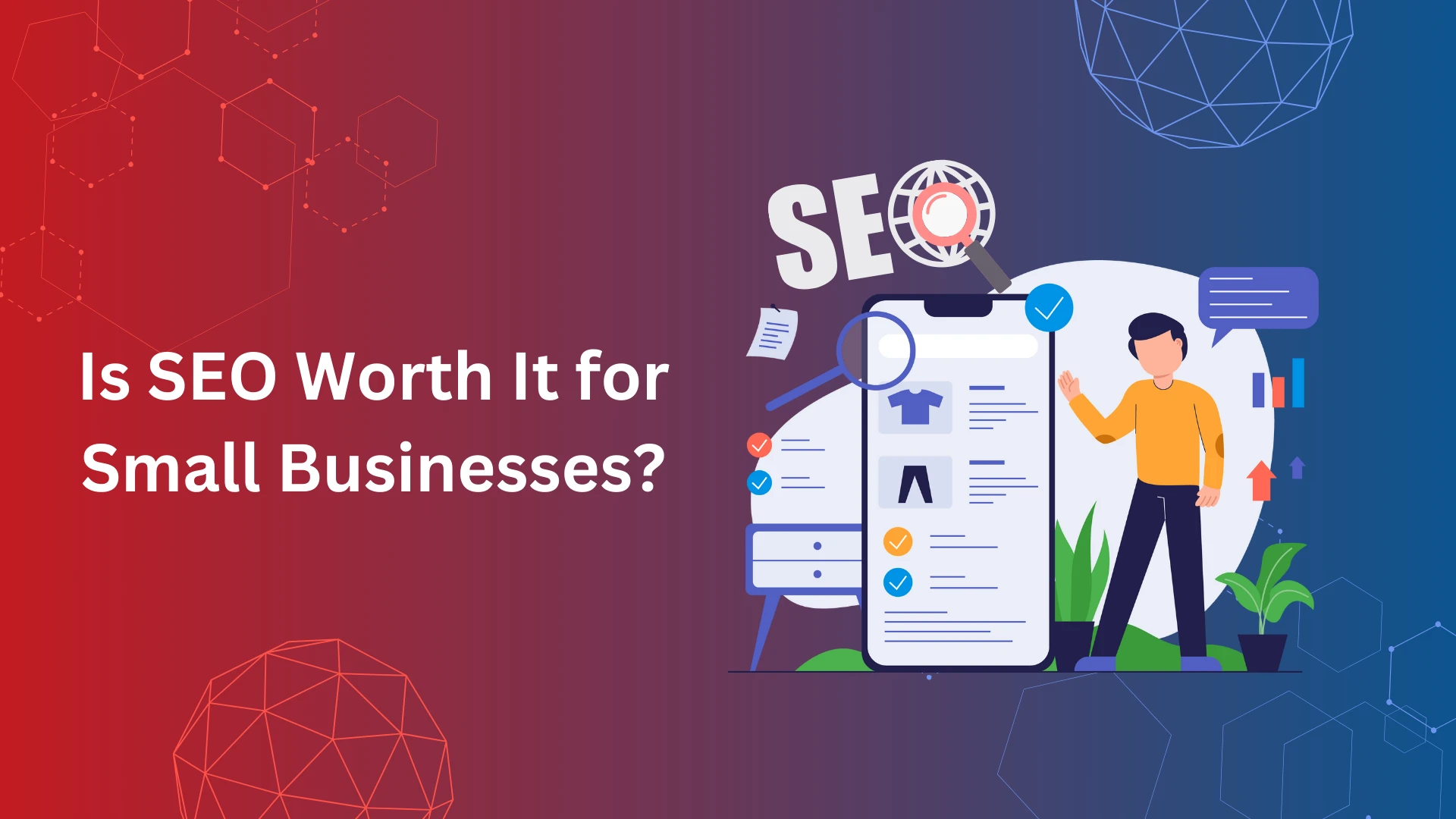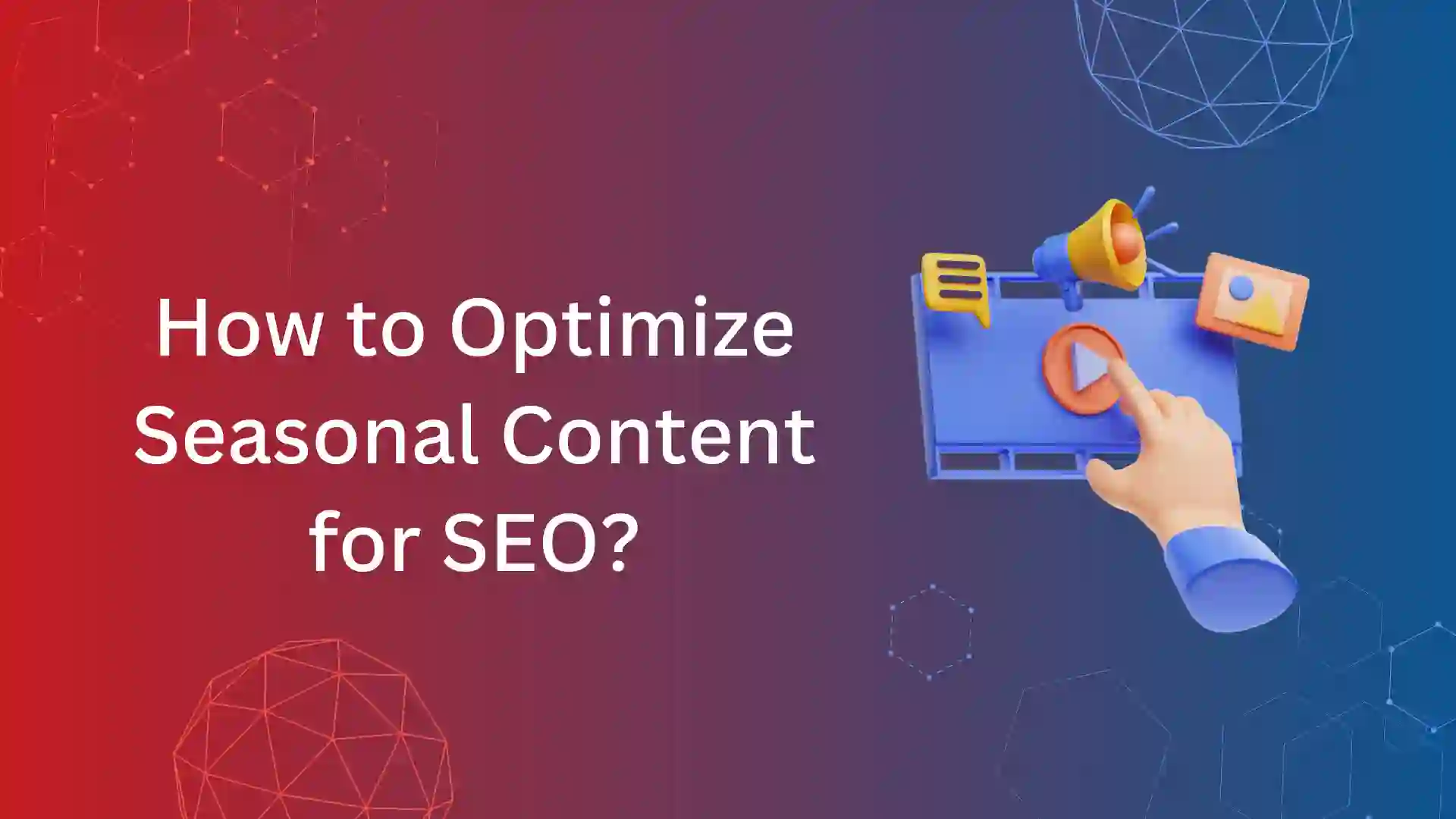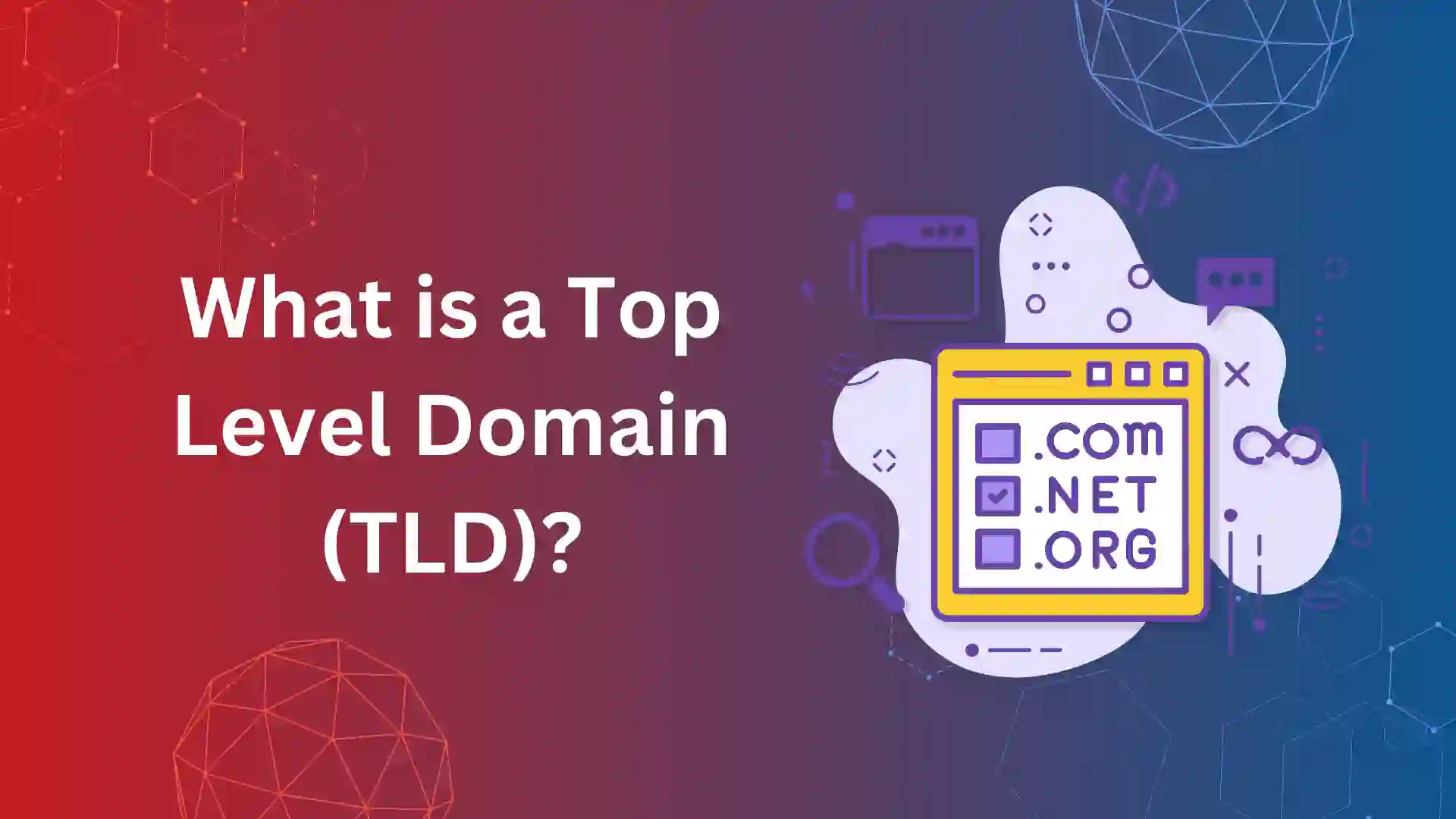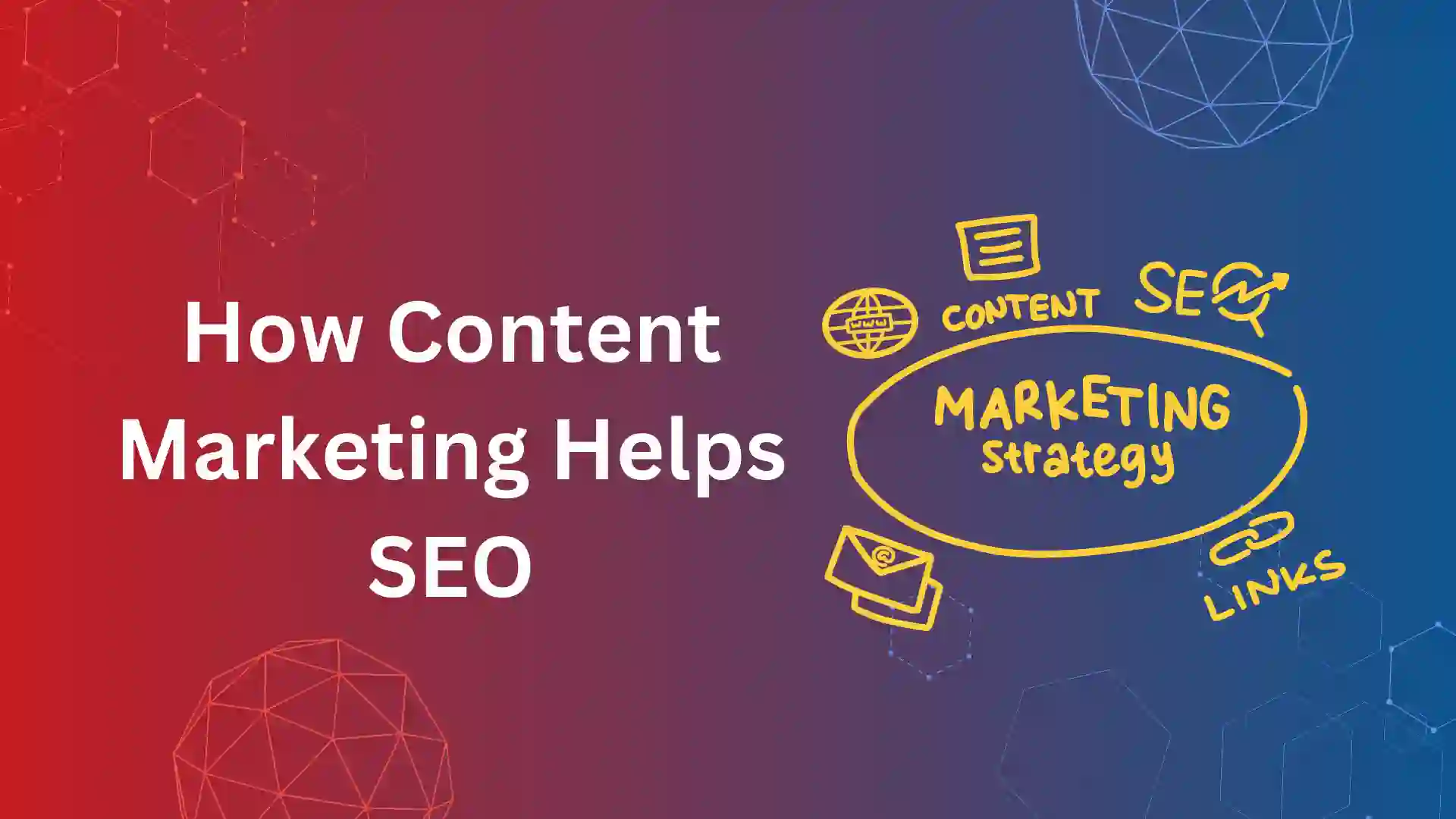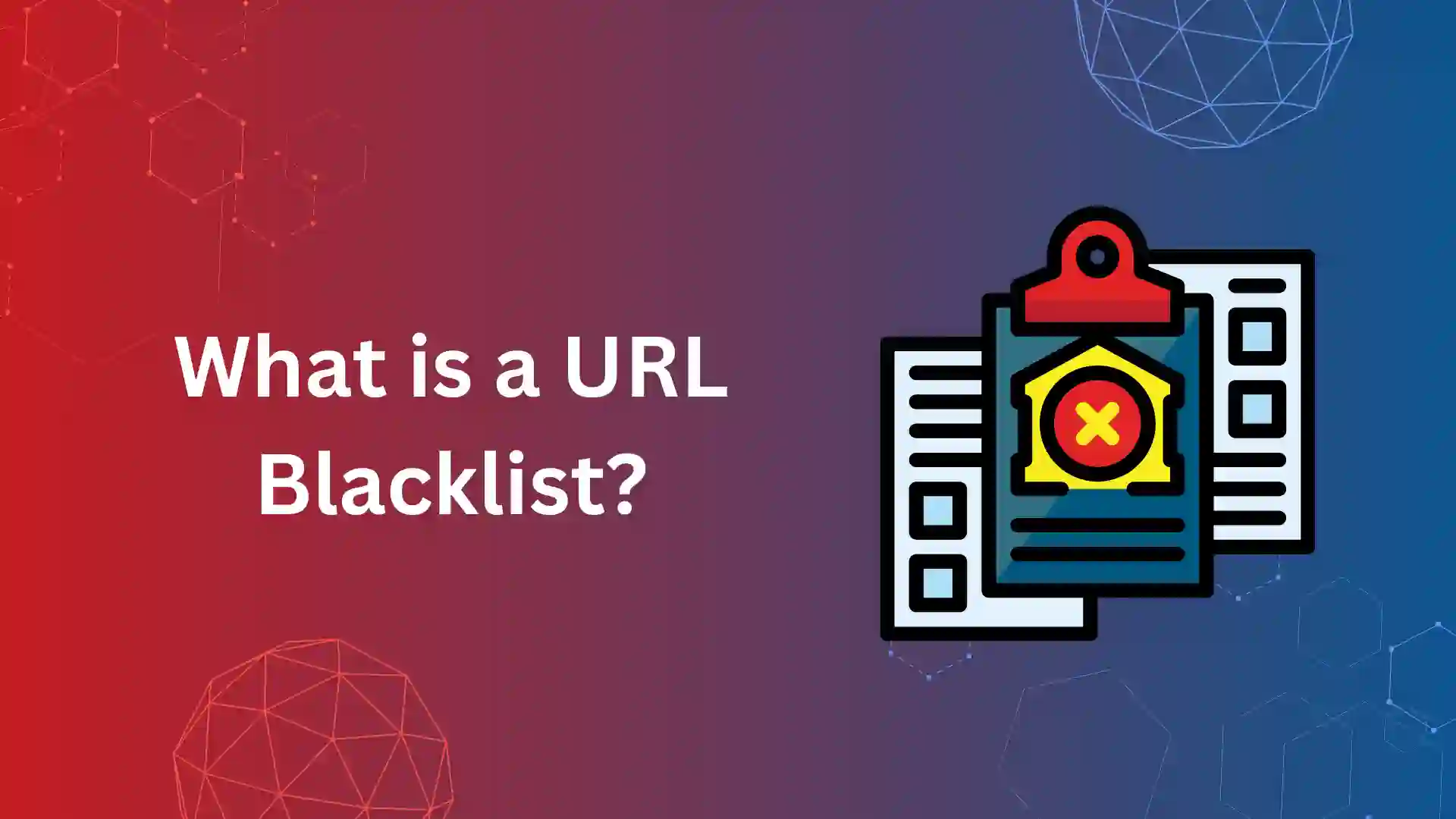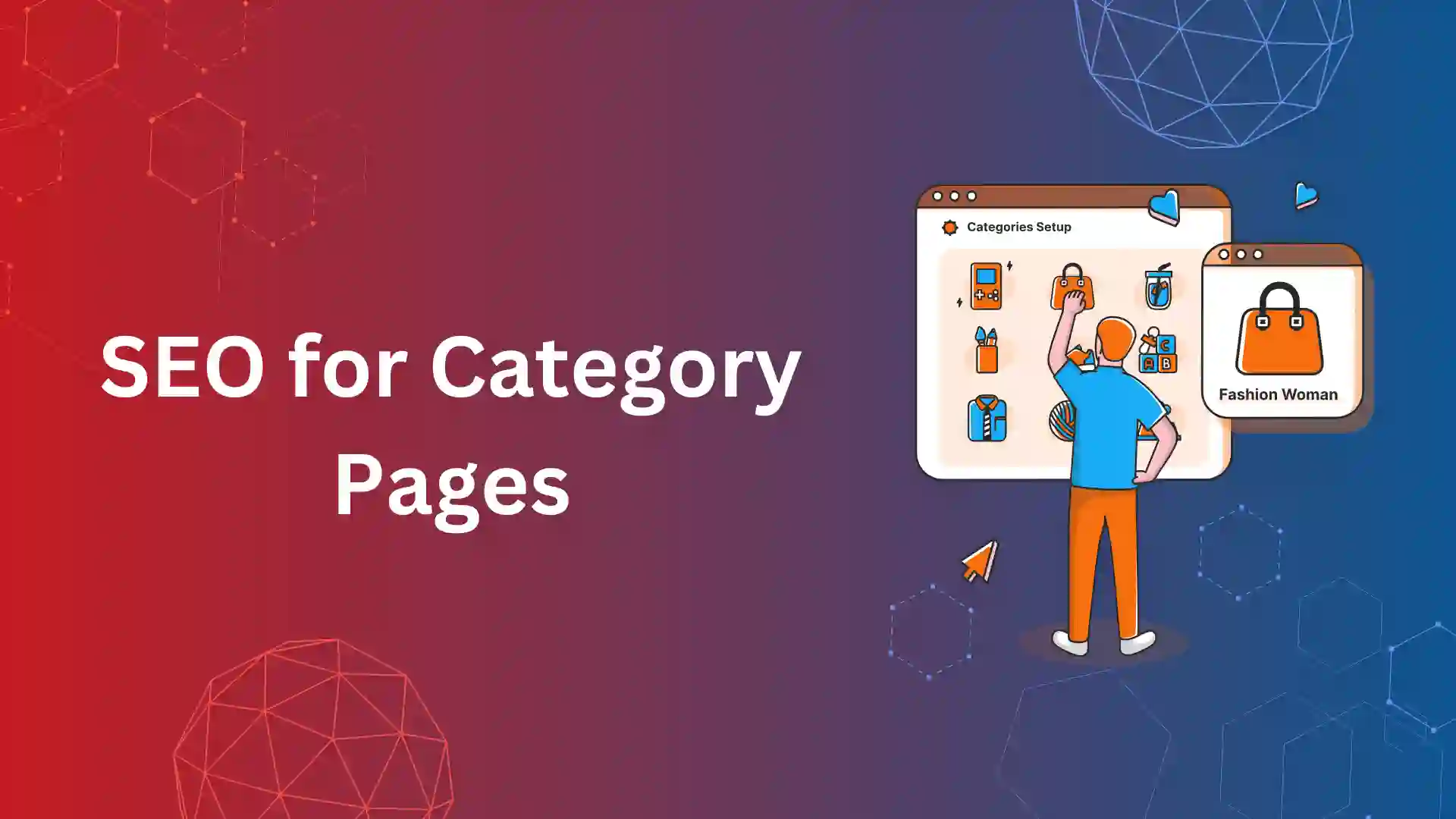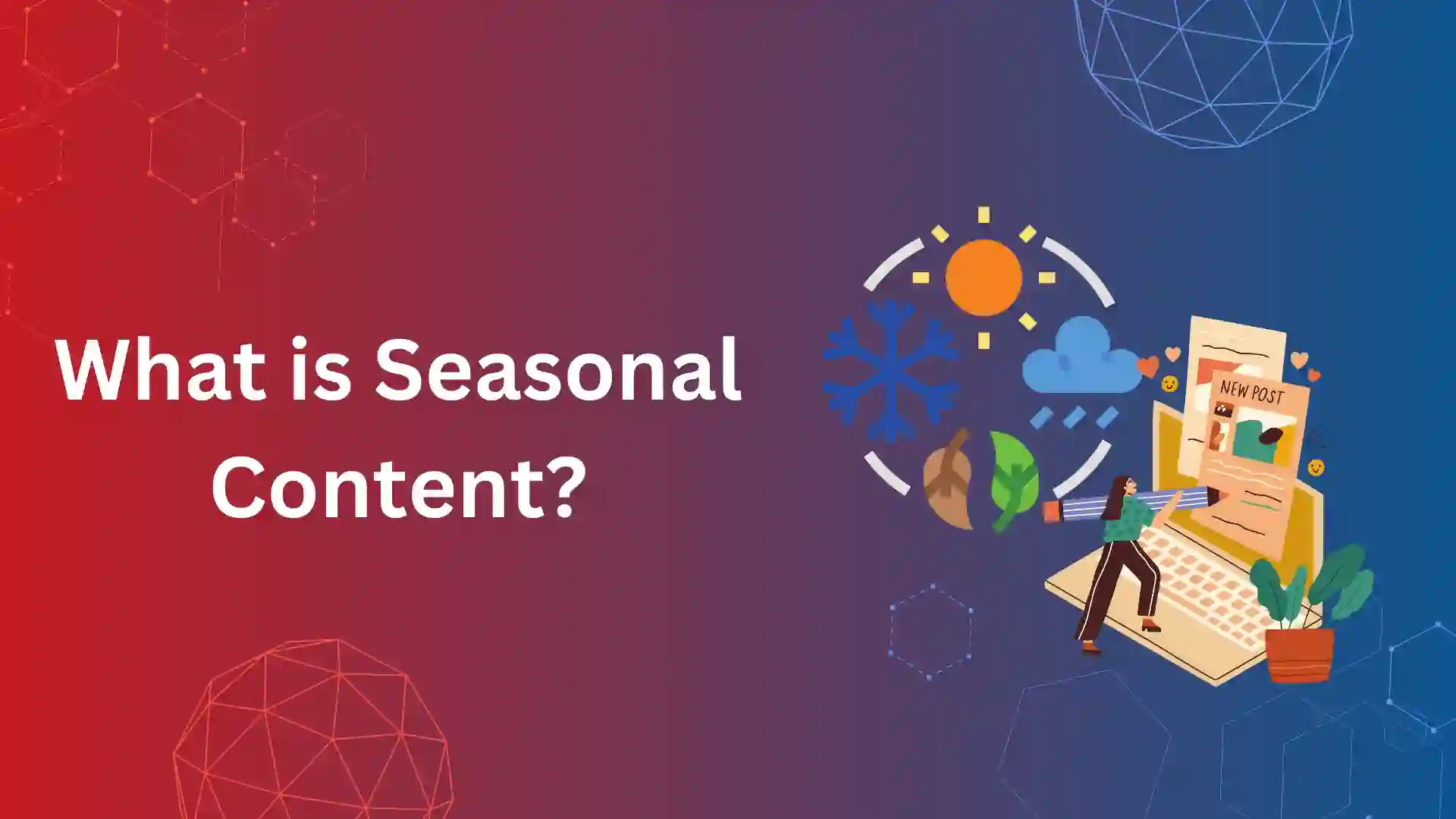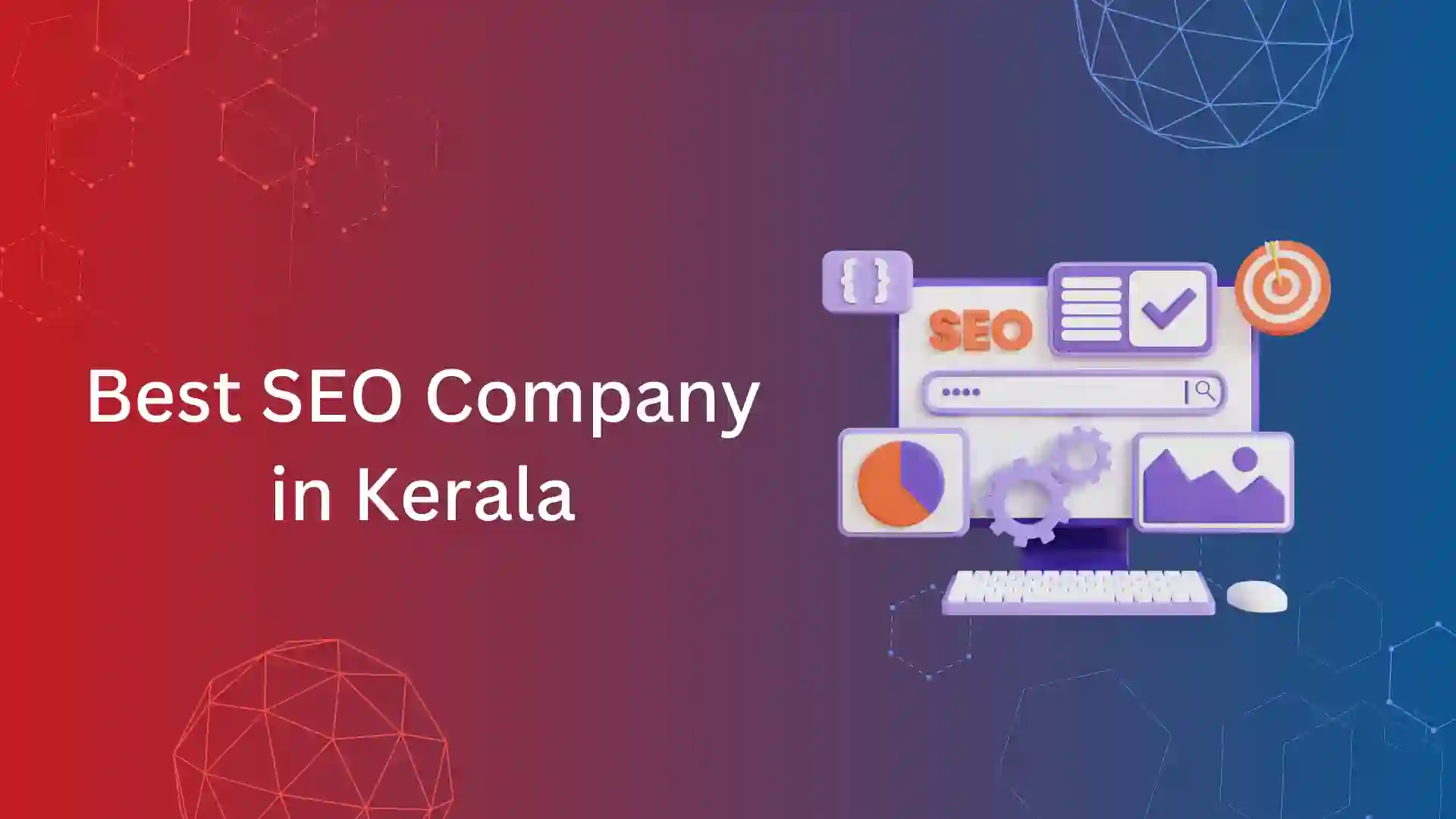The real question isn’t about the impact of SEO but whether it’s a worthwhile investment for small businesses.
Is it smarter to allot your limited marketing budget to a long-term strategy, or might you get better results from a short-term approach like PPC or Facebook advertising?
Initially, there’s no need to select between SEO and traditional advertising. In reality, SEO achieves better results when combined with link-building and PPC advertising.
Yet, if you must choose one over the other, opting for SEO proves to be a wise choice for small and medium businesses.
So yes, SEO is worth it for your small businesses.
Some potent reasons why SEO is effective for small businesses are
- SEO Can Drive Sales for Your SMB
Better ROI Than Other Marketing Actions
If you’re questioning, “Is SEO worth it for small businesses?” you’re not alone. 70% of small business owners haven’t implemented an SEO strategy.
Continue reading to understand why SEO holds value for small businesses and discover ways to enhance your site’s SEO.
Why SEO is important for small business?
Small business SEO is to improve your small business website’s visibility in Google SERPs. It includes optimizing content and technical aspects to increase the website’s visibility and improve the overall user experience (UX).
However, small business SEO is a different challenge compared to larger organizations. This is due to the absence of dedicated SEO teams, a limited budget, and time limitations.
Small businesses compete with larger brands, publishers, and other informational sources that appear in SERPs.
Even with these limitations, effective SEO strategies can still be implemented to ensure your small business gains the visibility it deserves. This way, you can grow your brand, attract new customers, and increase sales, allowing your small business to stay competitive and successful.
Now we see why SEO is important for small businesses:
1. Increase Visibility and Brand Awareness

Before making a purchase, many people use search engines like Google, Bing, and Yahoo to find products or services.
The important reason for SEO for small businesses is to make them visible in SERP and improve their brand awareness.
It helps potential customers find your business and learn more about what you offer, which can get more sales.
2. Organic Traffic
Traffic through organic search is good for increasing website visits and conversions.
When a small business website is well-optimized, it can have a steady stream of visitors without needing paid advertising.
This organic traffic may lead to more sales and higher revenue.
3. Stay Ahead of the Competition
In today’s competitive digital environment, SEO can help you stay ahead of your competitors. It enables you to optimize your website and content to outrank them in SERPs,
This can help you secure a bigger market share and increase brand awareness.
4. Increase ROI
SEO can also help you make large returns on your investments. Compared to traditional advertising, it’s an effective long-term marketing strategy that makes you reach more potential customers at a lower cost.
This means that you don’t have to spend more money on costly marketing campaigns to see search results.
5. Builds Credibility and Trust
When a small business is ranked at the top of search engine results, it shows potential customers that it is a trustworthy and reliable business.
This can help develop credibility and trust, which is important for small businesses aiming to establish a loyal customer base.
Statistics that highlight the value of SEO for small businesses:
Market Reach:

- 93% of online experiences start with a search engine. This highlights the importance of optimizing your website for search to effectively connect with potential customers where they actively search.
- Within 24 hours, 76% of people who conduct local searches visit a physical store. Local SEO, a specialized branch targeting geographical searches, holds large potential, especially for small businesses with a physical presence.
Traffic and Conversion:
- SEO brings in 1,000% more traffic than social media. While social media is good, SEO is even better at bringing in the right people straight from search engines.
- SEO-generated organic traffic has a 5.32% conversion rate, beating the 2.49% conversion rate of paid advertising. This indicates that visitors from SEO are more inclined to become paying customers.
Benefits and ROI:

- In a two-year analysis, SEO brought a small business a net gain of $32,640, thriving the net loss experienced with pay-per-click advertising. While SEO might show results more gradually, its long-term return on investment is significantly higher.
- Small businesses see a 23% boost in website traffic within the initial 6 months of optimizing their websites. This highlights the rapid positive impact achievable with effective SEO.
Challenges and Considerations:
- Competition can be high for specific keywords. Small businesses should prioritize strategic keyword research and niche targeting to compete successfully.
- SEO is an ongoing process that needs consistent effort. It’s not a one-time fix but rather a continuous optimization strategy.
In summary, these stats show that SEO is a valuable investment for most small businesses, promising increased website traffic, enhanced lead generation, and, ultimately, higher revenue.
How To Do SEO For Small Business:
Small business SEO (search engine optimization) is important to online marketing. It’s a way to make sure that your website is displayed in search engine results when people search for something related to your business.
To develop an SEO strategy that will boost your business’s visibility, here are some of the most important steps:
Choose the Right Keywords
Keyword research and selection are the foundation of any successful SEO strategy.
Knowing which words and phrases are relevant to your business and what potential customers use when searching for a product or service is the first step in creating an effective SEO strategy.
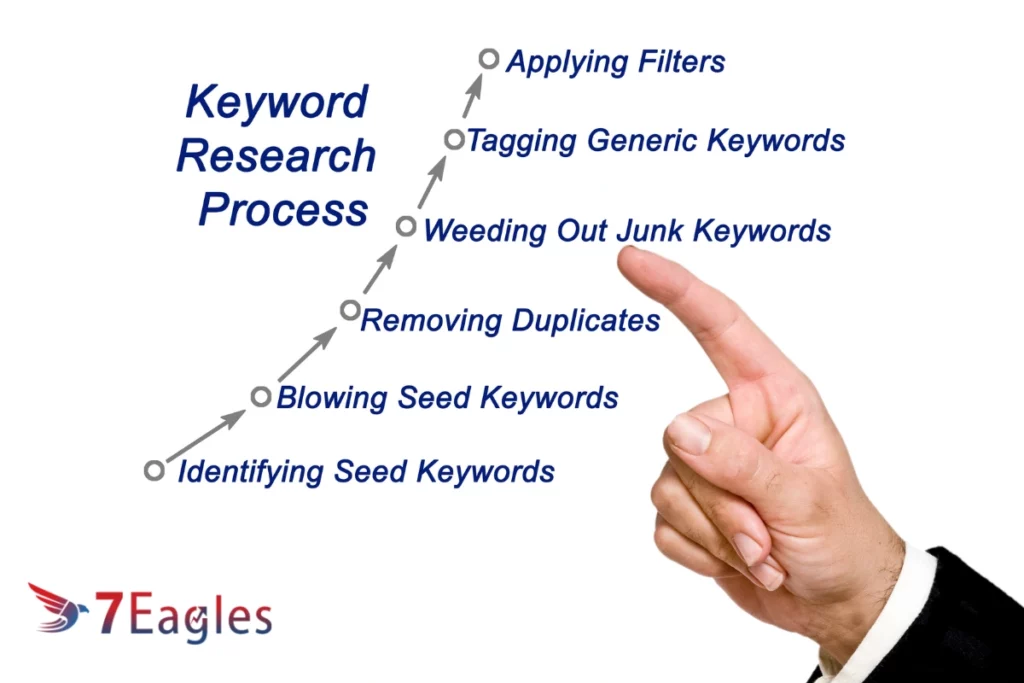
Link Building
Link building is a paramount component of any small business’s SEO strategy. It involves acquiring links from other high-quality websites back to your own, which signals to search engines that your site is reputable and trustworthy.
The key to successful link building is focusing on acquiring links from relevant and authoritative sources, like industry publications or influencers.
Local SEO ( Search Engine Optimization)
Unlike general SEO, which is focused on websites, local SEO is geared toward local listings and information about local businesses.
To improve the success of your listings in local SEO, three key elements need to be taken into consideration:
Create Valuable and Engaging Content
The most successful SEO campaigns are driven by content that is high-quality, relevant, and engaging.
Creating content such as blog posts, infographics, and other helpful resources can help you increase your organic rankings and attract more visitors to your website.
Additionally, by consistently producing valuable content, you can build trust and authority within your niche and designate yourself as a reliable source of information.
Technical SEO
As a small business, it’s essential to optimize your website for search engines, and Technical Search Engine Optimization plays a critical role in achieving higher rankings in search results.
Technical SEO involves optimizing your website and server to make it easier for search engine crawlers to understand and index your site.
Social Media
Social media is a decisive tool for small businesses, and having an active presence on social media platforms like Facebook, LinkedIn, Instagram, and Twitter can be an invaluable asset for SEO.
Not only can you interact with potential customers and increase brand awareness, but you can also ensure that your content reaches as many people as possible.
Analyze and Measure
At the end of the day, the success of your small business SEO efforts depends heavily on how effectively you measure and analyze your website performance.
It’s important to track all key metrics, such as website traffic, organic search rankings, and click-through rates (CTR), to get a better understanding of how your SEO strategies are performing.
Conclusion
As a small business owner, you know how important it is to have an effective online presence.
You know that having a website is the basis of your business, and SEO can help you increase its potential. If you know the basics of SEO and avoid the common mistakes, you can get the most out of your small business SEO efforts.
With a bit of hard work, knowledge, and dedication, you can effectively optimize your websites for search engine algorithms and improve your organic search rankings. This can help you reach more customers, produce more leads, and create a successful small business.

